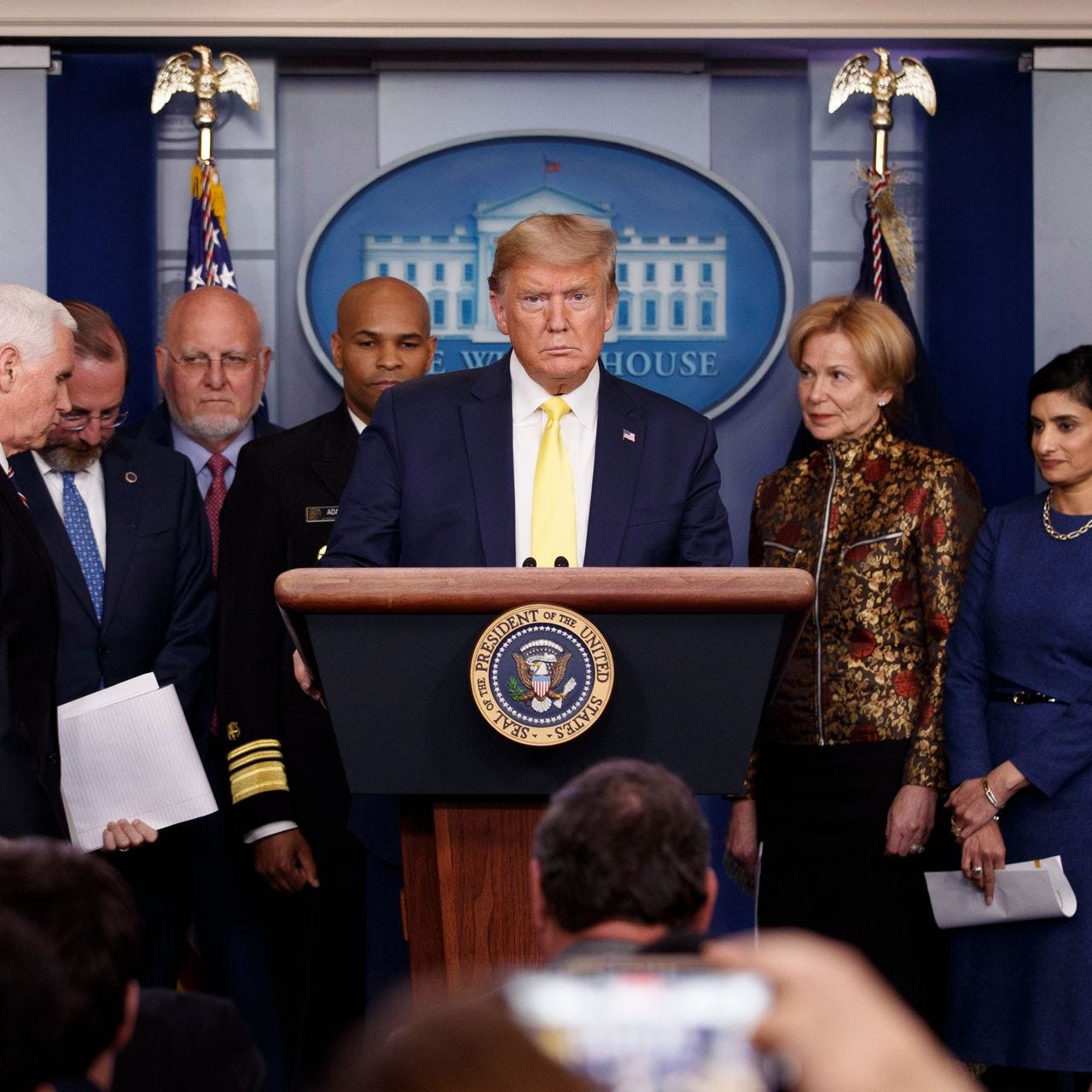
Containment
As the strike entered its fourth month, the situation changed. Roosevelt is ready to reevaluate his options. Instead of acting on his own impulse, he choose to listen to his team first. He asked his attorney general, Philander Knox, why they cannot proceed against the coal operators as being engaged in a trust? And Knox argued that the coal operators are not combined in such a manner as to fit the legal definition of a trust.
Not getting the support from his attorney general, Roosevelt took a different route to focus on cultivating public support among those most affected by the coal strike. He decided that it is time to publish the report from Wright as it revealed that the operators did not in any way feel accountable to the public. And he was careful enough to include Knox’s opinion that the President has no authority or responsibility to intervene with the coal strike.
Public sentiment plays a very important role in any crisis. Roosevelt demonstrated that, as a leader, he has to be proactive and be accountable to the public. This is something still holds true today. Read More...
Comments
Post a Comment